detail profile harry beaumont
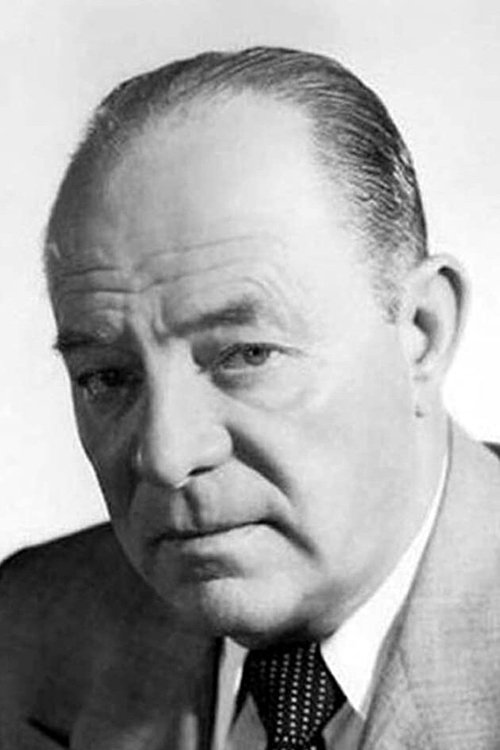
Riwayat Hidup
From Wikipedia
Harry Beaumont (February 10, 1888 – December 22, 1966) was an American film director, actor, and screenwriter.
He worked for a variety of production companies including Fox, Goldwyn, Metro, Warner Brothers, and Metro-Goldwyn-Mayer.
Beaumont's greatest successes were during the silent film era, when he directed films including John Barrymore's Beau Brummel (1924) and the silent youth movie Our Dancing Daughters (1928), featuring Joan Crawford.
He then directed MGM's first talkie musical, The Broadway Melody (1929).
The latter film won the Best Picture Academy Award that year, and Beaumont was nominated for Best Director.
Beaumont was married to actress Hazel Daly.
The couple had twin daughters Anne and Geraldine, born in 1922.
On December 22, 1966, Beaumont died at St.
John's Hospital in Santa Monica, California.
[4] He was buried in Forest Lawn Memorial Park, Glendale.
Info Pribadi
Peran Yang Di Mainkan Harry Beaumont
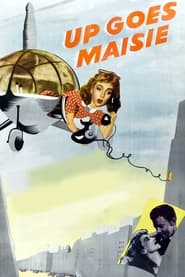 A showgirl working for an inventor...
A showgirl working for an inventor...Up Goes Maisie 1946
A showgirl working for an inventor battles crooks, who want to steal his ideas.
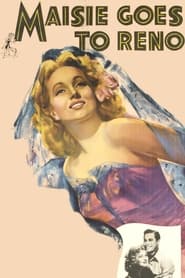 A Brooklyn showgirl gets mixed up...
A Brooklyn showgirl gets mixed up...Maisie Goes to Reno 1944
A Brooklyn showgirl gets mixed up in a divorce between a soldier and his wife.
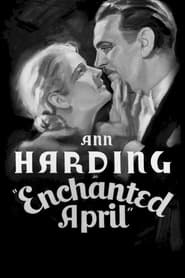 Mrs Lotty Wilkins is an unhappily...
Mrs Lotty Wilkins is an unhappily...Enchanted April 1935
Mrs. Lotty Wilkins is an unhappily wife whom's life husband and romance have departed. In order to possibly salvage some of the missing elements in her life she rents an old Italian mansion and sharing it with three women. Here the four women plan to spend the month of April away from the cares of home, husbands and the everyday monotony.
 Ruth Raymond works on the telephone...
Ruth Raymond works on the telephone...Murder in the Private Car 1934
Ruth Raymond works on the telephone switchboard of a large NYC office building. One day, a private detective informs her that she is actually the daughter of railroad tycoon Luke Carson, and that she had been kidnapped as a baby 14 years ago by Luke's vindictive brother Elwood, and placed with strangers.
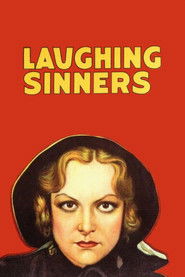 Ivy Stevens is a cafe entertainer...
Ivy Stevens is a cafe entertainer...Laughing Sinners 1931
Ivy Stevens is a cafe entertainer in love with a shifty salesman who deserts her. In attempting to commit suicide, she is saved by Carl, a Salvation Army officer. Encouraged by Carl, Ivy joins the Salvation Army. When her old flame re-enters her life, Ivy finds she is still attracted and begins another affair with him.
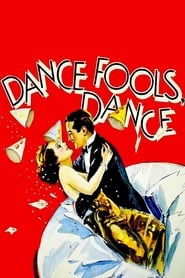 When misfortune hits hard on the...
When misfortune hits hard on the...Dance, Fools, Dance 1931
When misfortune hits hard on the Jordan family of Chicago's upper class, Bonnie Jordan, a dazzling and witty girl, finds a job as an aspiring reporter; however, his naive younger brother Rodney takes a twisted path and gets involved with the wrong people.
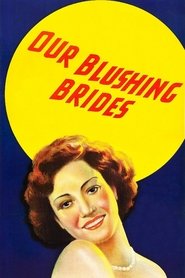 Jerry Connie and Franky are smalltown...
Jerry Connie and Franky are smalltown...Our Blushing Brides 1930
Jerry, Connie, and Franky are small-town girls seeking wealthy husbands in New York City. But, while Connie and Franky are reckless with their affections — one bedding a married man and the other marrying a scoundrel — Jerry is determined to remain practical. As she mothers her wounded, heartbroken friends, she stalwartly but foolishly resists the advances of the good-hearted and affluent Tony Jardine.
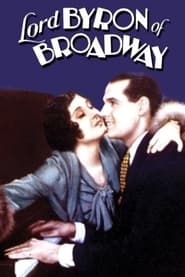 A talented songwriter gets his inspiration...
A talented songwriter gets his inspiration...Lord Byron of Broadway 1930
A talented songwriter gets his inspiration for songs from others and not from within himself. He is oblivious that he may harm other people when he uses their stories or their love for himself.
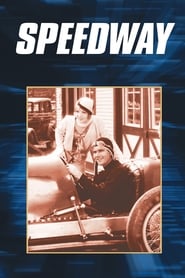 Bill Whipple is a happygolucky mechanic...
Bill Whipple is a happygolucky mechanic...Speedway 1929
Bill Whipple is a happy-go-lucky mechanic for MacDonald who thinks that he is the worlds greatest driver and lover. Mac has treated Bill like a son since he took him in. One day at the track, Bill sees Pat Bannon, and tries his best to impress her, but to no avail. On his way to catch a flight, he tricks Pat into taking him to the airport and she gets even by taking him up in a plane. He hates to fly, but will not show her that he is afraid and when the plane breaks up, he is a hero for rescuing her. This gets him publicity and Renny offers him his car to drive in the Indianapolis 500. Bill breaks with Mac to drive the car and puts it on the pole for the race. Then Renny double crosses Bill and plans to drive the car himself since Bill has tuned it so well.
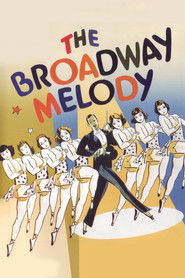 The vaudeville act of Harriet and...
The vaudeville act of Harriet and...The Broadway Melody 1929
The vaudeville act of Harriet and Queenie Mahoney comes to Broadway, where their friend Eddie Kerns needs them for his number in one of Francis Zanfield's shows. When Eddie meets Queenie, he soon falls in love with her—but she is already being courted by Jock Warriner, a member of New York high society. Queenie eventually recognizes that, to Jock, she is nothing more than a toy, and that Eddie is in love with her.
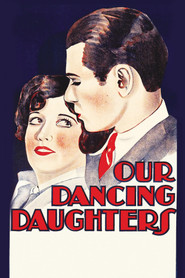 A flapper whos secretly a good...
A flapper whos secretly a good...Our Dancing Daughters 1928
A flapper who's secretly a good girl and a gold-digging floozy masquerading as an ingénue both vie for the hand of a millionaire.
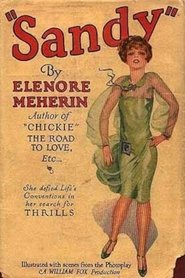 Sandy McNeil adopts strictly unconventional jazz...
Sandy McNeil adopts strictly unconventional jazz...Sandy 1926
Sandy McNeil adopts strictly unconventional jazz ethics and against the wishes of her parents runs with a fast young set. An auto breakdown after a party places her in a compromising situation, and she grudgingly marries a wealthy suitor of her father's choice. When her husband's cruelty results in the death of her child, she leaves him and meets Ramon, an architect with whom she becomes infatuated. The return of his former mistress causes her to seek refuge with her cousin Judith, where she falls in love with Douglas, Judith's sweetheart. As Sandy refuses to return to Ramon, he shoots her and then kills himself. Douglas, taking the blame for her sake, is tried for murder, but Sandy rises from her sickbed and confesses in court; she succumbs after restoring Judith to Douglas.
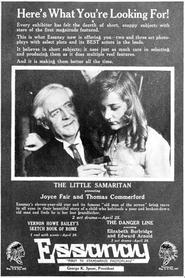 On the morning of her 11th...
On the morning of her 11th...The Little Samaritan 1916
On the morning of her 11th birthday, Joyce reads in one of her gift books that she should perform a good deed. After giving the $5 gift to an old man in the park her mother reprimands her and warns her that old men steal little girls. She goes to the park the next day to see if this is true. Her old friend assures her it isn’t, and she invites him to come to her home. Hiding him in the attic she hears the story of how he left his little girl with friends’ years before, and when he returned, all trace of her had been lost. When Joyce’s parents return the old man recognizes Mrs. Farley as his long-lost daughter much to the delight of all except Joyce, who pouts that she can have nothing of her own without others sharing it. So, she invites a host of human derelicts in to dine, insisting that they too have lost their little girls.
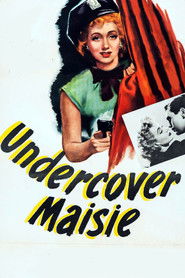 Maisie Revere a showgirl stranded in...
Maisie Revere a showgirl stranded in...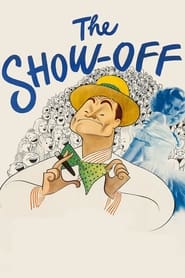 Chaos is brought to a family...
Chaos is brought to a family... Socialite Carol Morgan romps through the...
Socialite Carol Morgan romps through the...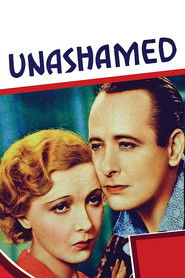 A debutantes Helen Twelvetrees brother Robert...
A debutantes Helen Twelvetrees brother Robert... A smalltown businessman bumbles into blackmail...
A smalltown businessman bumbles into blackmail...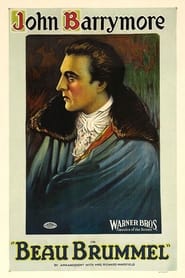 George Bryan Brummel a British military...
George Bryan Brummel a British military...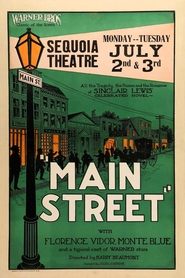 The arrival of pretty Carol Milford...
The arrival of pretty Carol Milford...